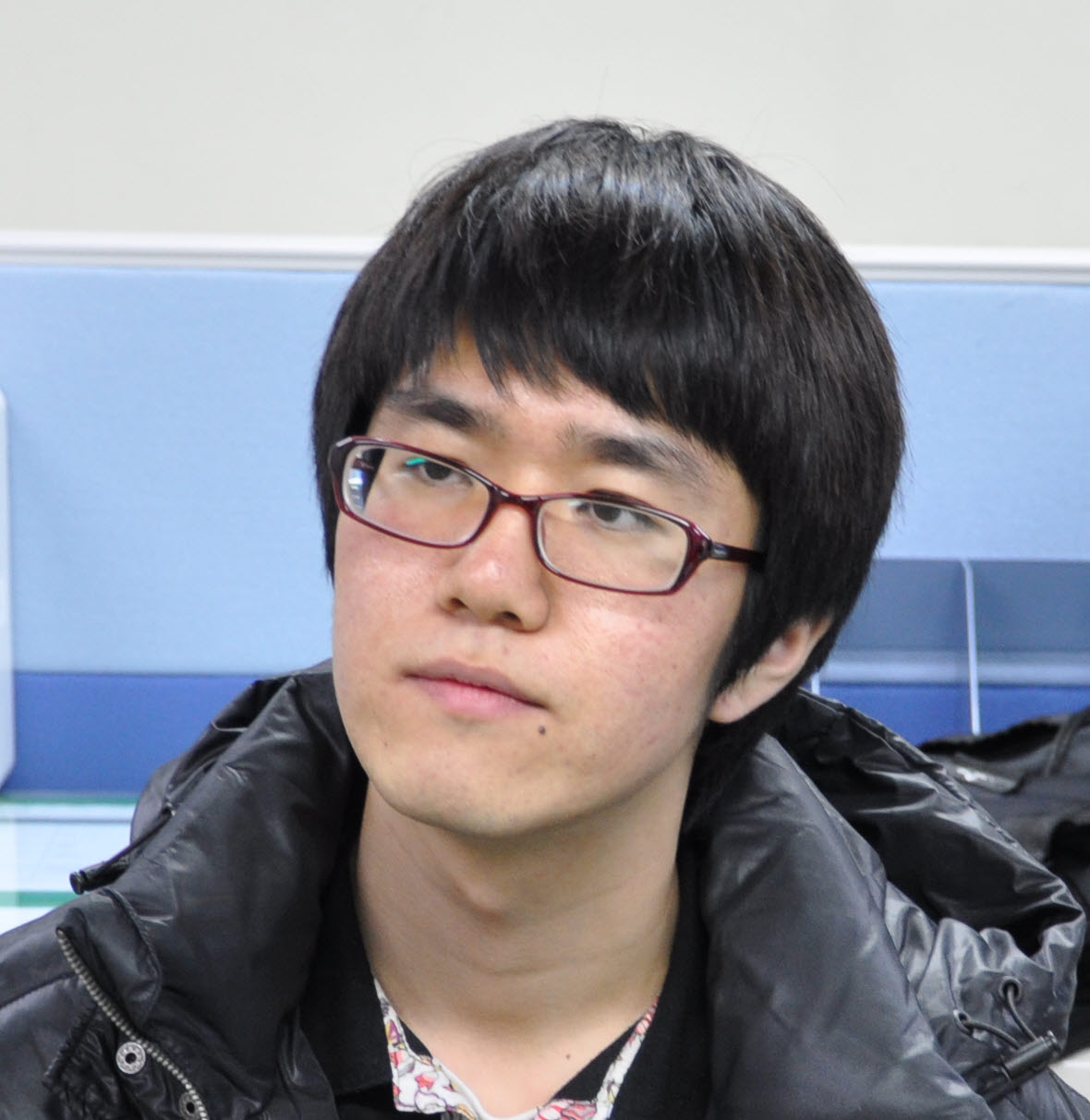[Interview] Lee Jong-chan (The representative of graduate students in POSTECH council)

What is your opinion about the cause of recent issues including the graduate apartment problem?
I could realize that students and university have difficulties in communicating with each other and have a profound distrust through the recent issues. The university raps out a complaint that students do not trust the university’s policies and conversely students think the university has little regard for the feeling of students. Both the university and students make it hard to solve the problems by adhering their opinions and making little effort to communicate.
How do you think we can solve the problems?
We all have to make efforts to communicate with each other. Unilateral demands to force blind obedience causes complaints from the members. On the contrary, interactive communication makes it possible to collect wisdom through active participation as well as to satisfy students’ desire to participate in policy decision.
The case of MIT is a good example. When the recent economic crisis overwhelmed the whole world, Susan Hockfield, the President of MIT, sent e-mails to the MIT members about the problems facing the institution and suggested strategies to overcome the crisis. In addition she collected ideas from the members to reduce expenses without weakening MIT’s essential strength. So the members of MIT could grow love for their school by recognizing that they are important for themselves and the university could make the best use of great human resources.
What is your future plan as a representative of graduate students?
So far there was no organization which could represent graduate students’ opinions. So I will attempt to make an official channel in which graduate students make suggestions about and criticize the university’s policies. In the process of defense and criticism, university will improve policies and take advantage of students’ creative ideas. Students will also raise their ability to communicate as intellectuals and scholars through raising questions, debating, and compromising.
Eventually I will try to set up a graduate student body which has the right to speak on behalf of all graduate students as soon as possible. I will do my best to make students restore trust to the university and to enter into a developmental relationship.


